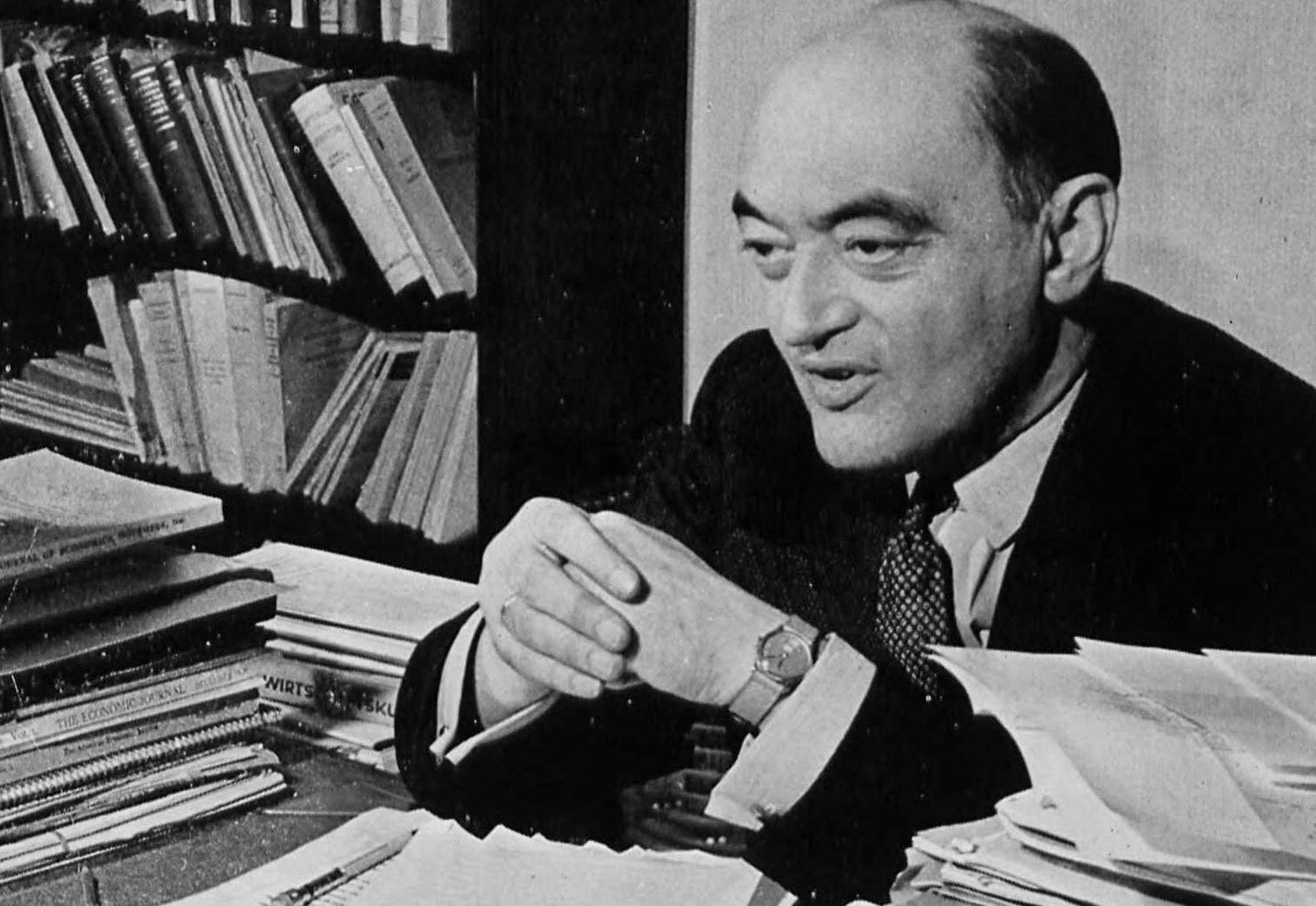
Joseph Schumpeter is the rare economist whose interest and work extends outside of the small, technical field of economic analysis. In his History of Economic Analysis, he looks deep and wide, but of particular interest to us are his comments on the ancient Greeks and Romans, and the medieval Scholastics.1 The book is more widely known for the provocative claim that the man regarded as the father of classical economists was merely derivative of his French brethren — Turgot being the main source of ‘inspiration’ — but that is a claim that I will reserve for examination at another time. For now, of key interest are: {1} the distinction he makes between thought and analysis, {2} the distinctions he draws between Plato and Aristotle, {3} his discussion of the development of the concept of usury alongside the flourishing of industry in medieval Europe, and {4} his discussion of the ‘welfare state’ and its relation to the thought of the medieval scholastics.
Continue reading “Schumpeter’s Soirée with the Ancients and the Schoolmen”
- Joseph Alois Schumpeter, History of Economic Analysis, ed. Elizabeth Boody Schumpeter (London: Routledge, 2006). ↩